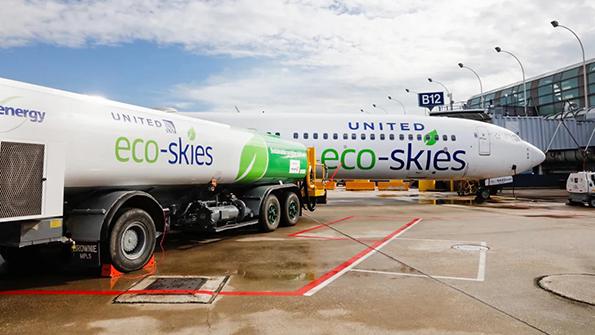
Ask the Editors: The Aviation Week Network invites our readers to submit questions to our editors and analysts. We’ll answer them, and if we can’t we’ll reach out to our wide network of experts for advice.
Are sustainable aviation fuels a viable option?
Executive Editor, Technology Graham Warwick responds:
Sustainable aviation fuels (SAF) are a technically viable option today; it is their economic viability that remains in question. Synthetic fuels are 3-5 times more expensive than jet fuel made from fossil fuels—and that was before oil prices collapsed because of COVID-19.
There will soon be seven different approved pathways for producing jet fuel from feedstocks ranging from used cooking oil and industrial waste gases to municipal solid waste and forestry residues. So producing SAF is not the problem; getting it to commercial scale is.
SAF will only become competitive with conventional jet fuel on price when it is produced on a massive scale. Even then, the industry expects SAF will always be more expensive because of the costs of collecting, transporting and processing the feedstock.
Plants are being built around the world that will significantly expand the production of SAF by 2022, but even then it will only account for a few percent of the jet fuel consumed annually by aviation. A massive scale-up is required if SAF is to help aviation meet its net-zero carbon goals.
Record low oil prices and the impact of COVID-19 on private equity will delay the scale-up of SAF. It will take government incentives and market measures such as the International Civil Aviation Organization’s Corsia carbon-offsetting and reduction scheme to get it back on track.

Comments